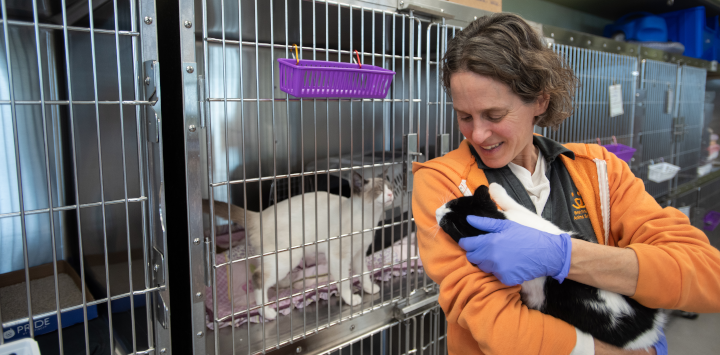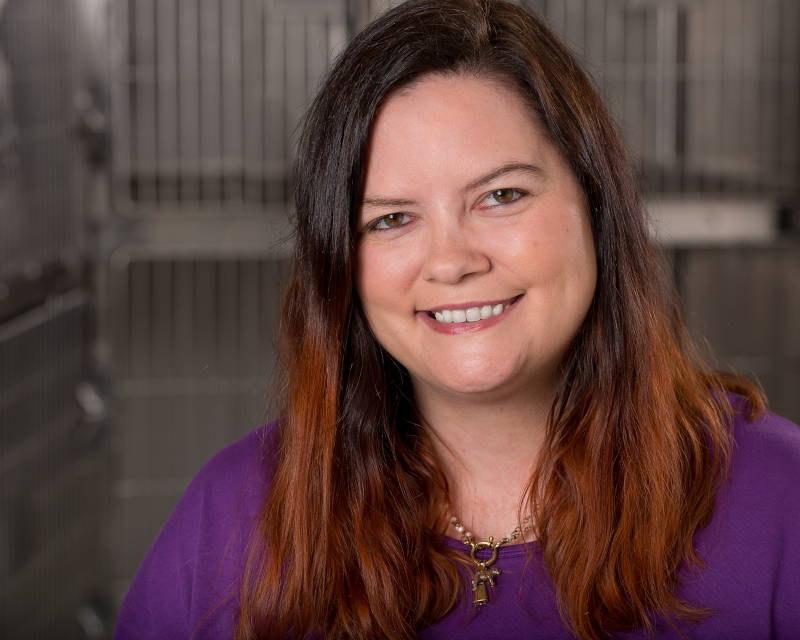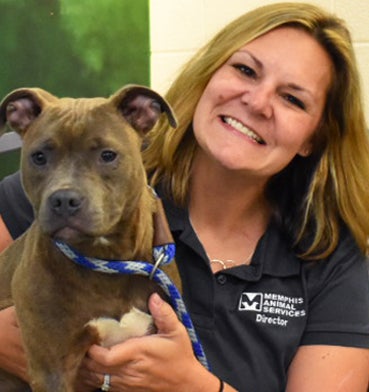
The Best Friends Podcast Episode 25
Spay and neuter is the only way and we shouldn’t spend time or money doing anything else!
Well, that’s not true at all, but there are still too many people who think that is the case. Widely available low-cost spay and neuter services are a critical part of the lifesaving program mix, but it is just one part of the recipe.
So how much of your available resources should go to spay and neuter services versus other critical lifesaving programs? Given the challenges that lie ahead with an uncertain economy, we need to make sure every dollar goes as far as it can. We talked with Brittany Pace from Spay Memphis, and Alexis Pugh from Memphis Animal Services to learn about how their partnership saves the lives of animals in their community.
Click here to check out all the episodes from the podcast.
 Resources from this episode
Resources from this episode- Fundraising for Municipal Shelters Playbook
- Best Friends Gap Analysis Tool: Use your shelter data to increase lifesaving
- How to Make a No-Kill Community a Reality
- Animal Shelters and Rescues Partner to Save Pets
- Animal Welfare Coalition-Building Action Kit
- COVID-19 Spay/Neuter and Wellness Clinic Preparedness Guide
- Intake Diversion in the Field
- Mapping Made Easy: Using Data to Find Your Problems
- Proven Lifesaving Strategies for Big Dogs
- Operational Playbooks
- Fox 13 Memphis: Spay Memphis has largest life-saving year yet

Brittany Pace
Executive Director, Spay Memphis
Brittany Pace, a Mississippi State Alum, moved to Memphis almost ten years ago and pretty quickly became involved in animal welfare, joining the Spay Memphis clinic staff in 2014.
Since becoming the Executive Director in 2016, Brittany has led the clinic through many advancements, including a complete organizational re-brand, facility move, and 28% spay/neuter annual surgery increase. Brittany enjoys seeing the clinic’s mission of preventing pet-overpopulation finally make a difference in the community and believes Spay Memphis' collaboration with local organizations is key to continuing to help pets in the Greater Memphis Area. She lives in the High Point Terrace area of Memphis with her 2 rescue cats, Oliver & Harry.

Alexis Pugh
Director, Memphis Animal Services
Alexis Pugh has been the Director of Memphis Animal Services since 2016, leading the struggling organization from a save rate of about 65%, and a poor community reputation, to a save rate of 90% in 2019, and a renewed sense of trust and respect in the community.




